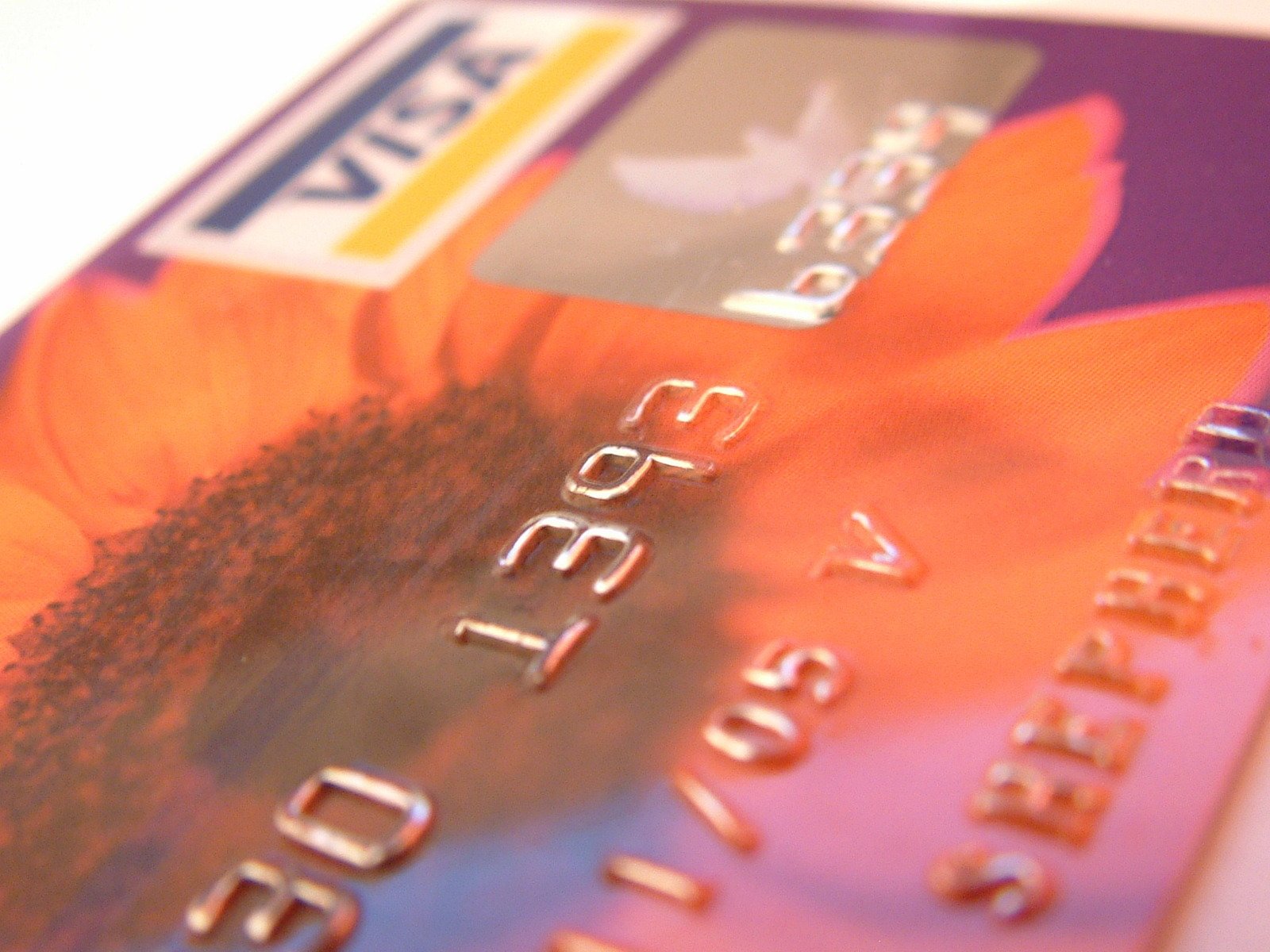Credit cards work by allowing the user to purchase products "on credit," which, of course, means that they do not have to pay for those items right away. With most cards, if you pay off the balance of your purchases within a month, you are not charged any interest. You are simply required to pay whatever amount you charged to the card originally. However, after that first month (with some exceptions) the purchases start accruing interest. With each month that the balance of your card is not paid off, it accrues more and more interest.
Some companies, though, do allow a grace period as a way to entice people to sign up for their specific cards. For instance, a lot of appliance and electronic stores have deals where, if you sign up for their store credit card, you won't accrue any interest on purchases made for the first six months. Others do no interest for a year; some are even longer. With these types of deals, you don't actually start accruing interest on your card's purchases until the promotional period has expired. However, there is often a catch with these deals as well. Oftentimes, if you haven't paid off the balance of the card by the time the grace period is over, you are suddenly charged all the interest you would have been charged for all six, twelve, or eighteen months. So, be very vigilant when signing up for new cards with special promotions; be sure to always read all of the fine print.
The next thing you need to know is that there are many, many different types of credit cards from which you can choose. There are a ton of different brands - Visa, MasterCard, Chase, Capitol One, and Barclay Card just to name a few - and the different types of cards all have different features, pros, and cons.
In addition to the wide variety of brands out there from which you can choose, there are also different types of cards for different types of card users. For instance, there are cards for small business owners, students, cash-back cards, cards that accumulate airline miles, etc.
After you determine which type of card you need, one of the next things you want to look for when you are signing up for a new card is whether or not that card has an annual fee. I, personally, try to avoid cards that have annual fees, but if you are just now starting to build your credit or you are trying to repair damaged credit, a card with an annual fee may be a necessary evil. Basically, cards with annual fees work like every other credit card when you use them, but in addition to paying off your purchases and their interest, you will also be required to pay a set dollar amount each year just to use the card.
The next thing to know about a potential new card is what its annual percentage rate (APR) is going to be. The APR determines the amount of interest you will have to pay on purchases that aren't paid off within a month of buying them, so of course, the lower the APR, the better it is for you. APRs can range from 13% to 23% generally, though some cards do have higher or lower APRs. A fairly decent APR for a credit card today is anywhere between 15% and 17%. Those are about the best rates you'll be able to find today. Calculating how APR works often intimidates people, but is actually quite simple. If you do forget how to do it, a quick Google search can take you to a site that shows you how.
Some people choose their particular credit cards based on the rewards that they offer. Some cards offer cashback on purchases, which means at the end of the billing cycle or annually, you will receive a check for whatever you've earned. Others offer airline miles. Some use a points system that lets users cash in their points for different rewards when they have accrued enough points. Others automatically send gift cards to users once they have spent a certain amount of money. There are all different types of rewards available for different cards, so if you have found two cards that you are considering and they both have decent APRs and no annual fee, go with the one that has the rewards you would prefer.
Finally, just remember that your credit is important. You will need good credit for just about everything - to buy a car, to build a house, to rent an apartment, to open new lines of credit. Today, some employers even look at your credit rating when deciding whether or not to hire you! So just be sure that you use your cards wisely and don't sign up for new ones if you are in debt with your current cards. Always, always, always be a responsible credit card owner.

